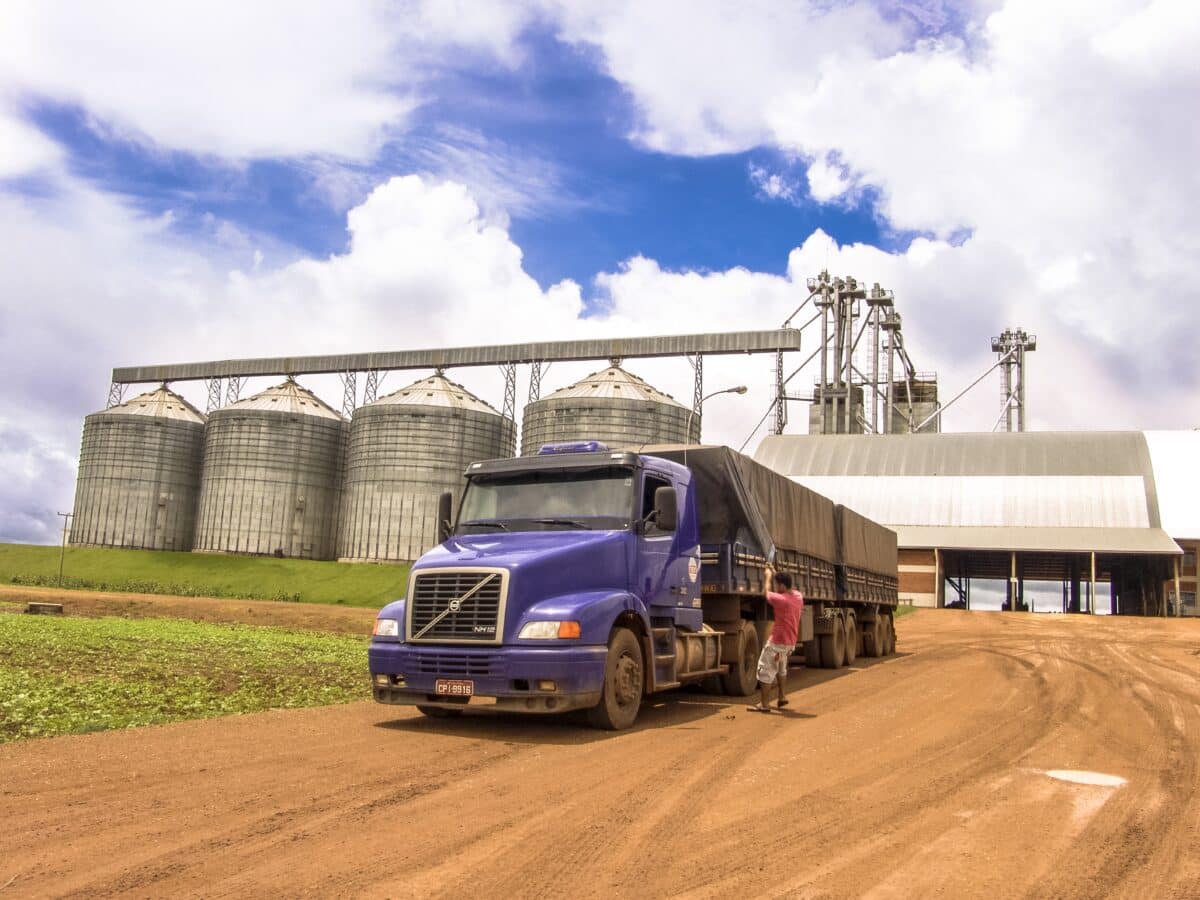WASHINGTON, D.C. – In a letter sent to all 50 state governors on Monday, The Fertilizer Institute (TFI) President and CEO Corey Rosenbusch requested that states use guidance issued by the Department of Homeland Security (DHS) Cybersecurity and Infrastructure Security Agency (CISA) that lists fertilizer industry employees as essential workers and the fertilizer industry as one of the nation’s critical infrastructure industries.
“Using the federal guidelines will ensure a consistent approach across all 50 states and local governments,” Rosenbusch said. “And having fertilizer and all agriculture inputs recognized as “essential services” will ensure that American agriculture can remain operable and unfettered across the country.”
The next six to eight weeks are crucial to the fertilizer industry and farmer customers, as they conduct spring planting activities. The timely delivery of plant nutrients to American farmers is critical to their ability to produce food, fuel, and fiber.
“In order to get plant nutrients to the farm, the fertilizer industry relies on a safe and efficient transportation network, including rail carriers, ports, barges, pipelines, and trucks,” Rosenbusch continued. “Fertilizer is responsible for 50 percent of crop yields and is essential to our nation’s agricultural production and food supply. Our members have taken steps to remain fully operational throughout the duration of this event while taking necessary precautions to protect the health and safety of their employees and the communities in which they operate.”
TFI is not currently aware of any prohibitions contemplated on interstate shipments of goods to contain the spread of COVID-19 at this time, but stressed that such constraints could cripple the ability of its members to provide farmers with the fertilizers they need in a very limited planting window.
The full letter can be read by clicking here.

